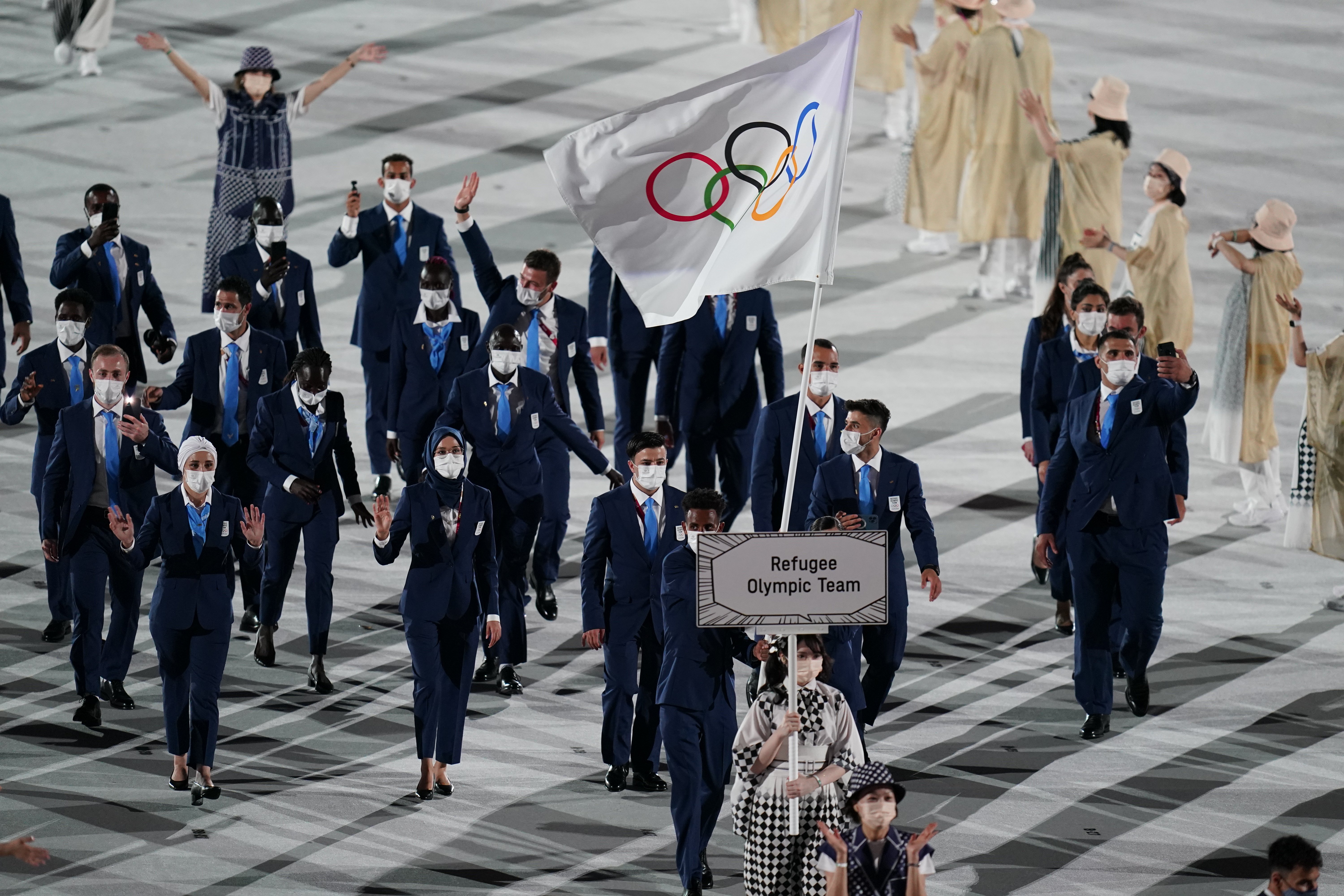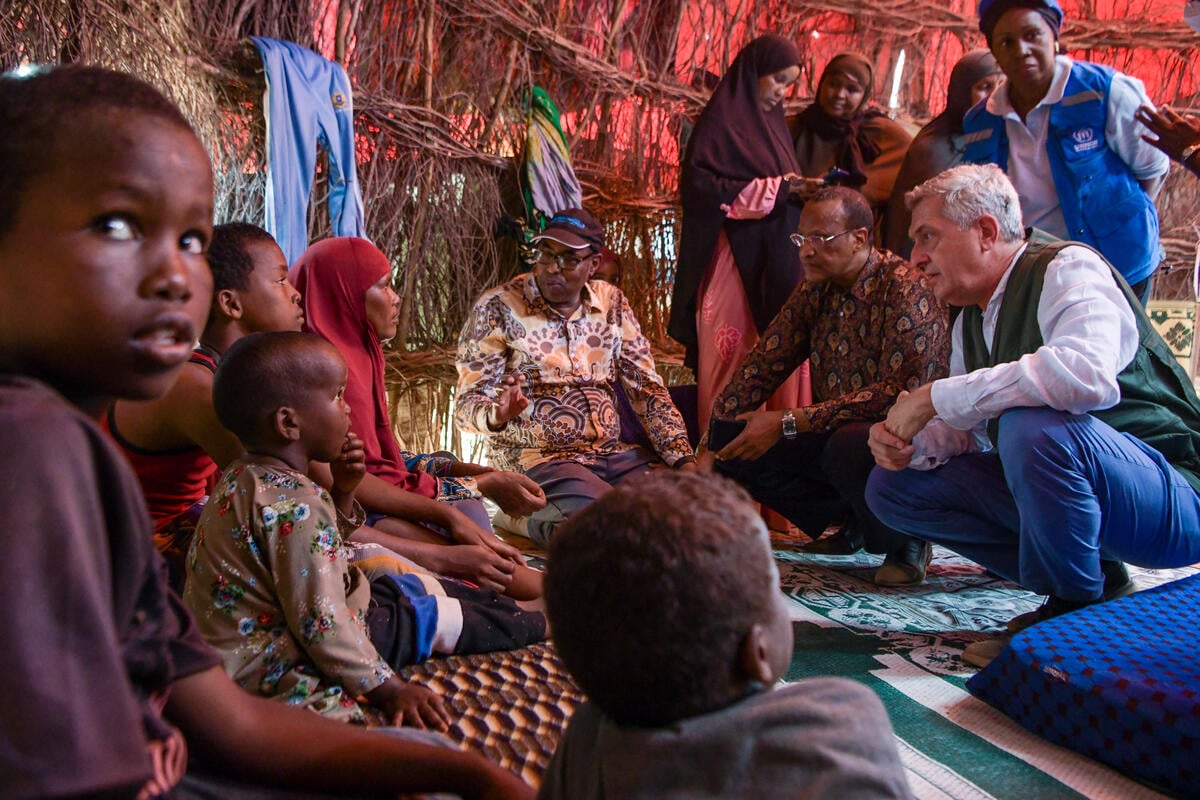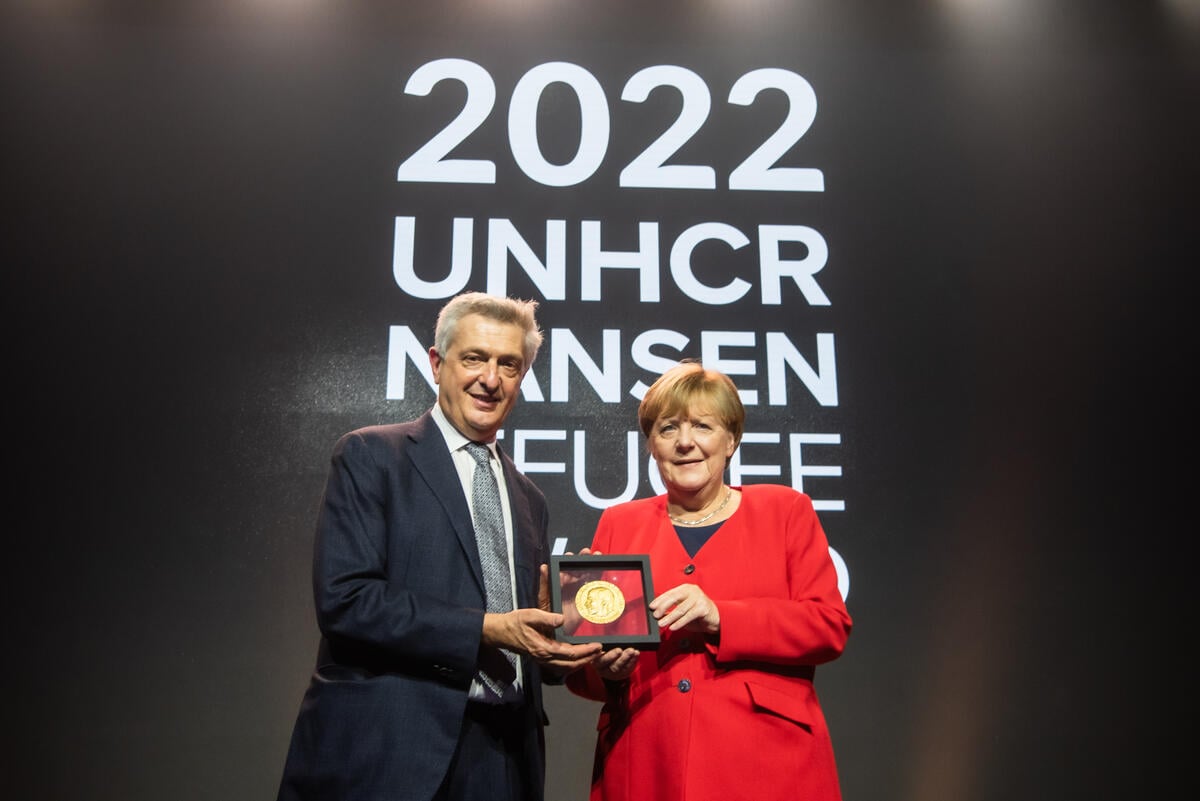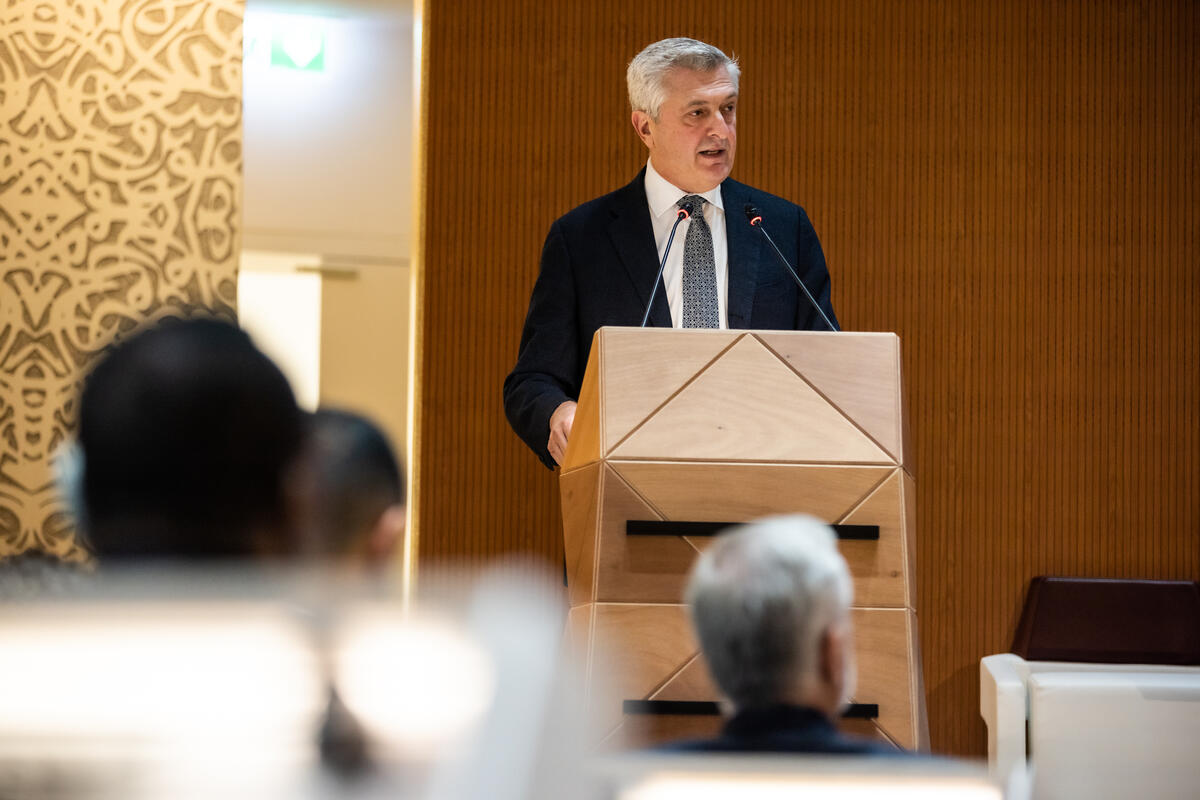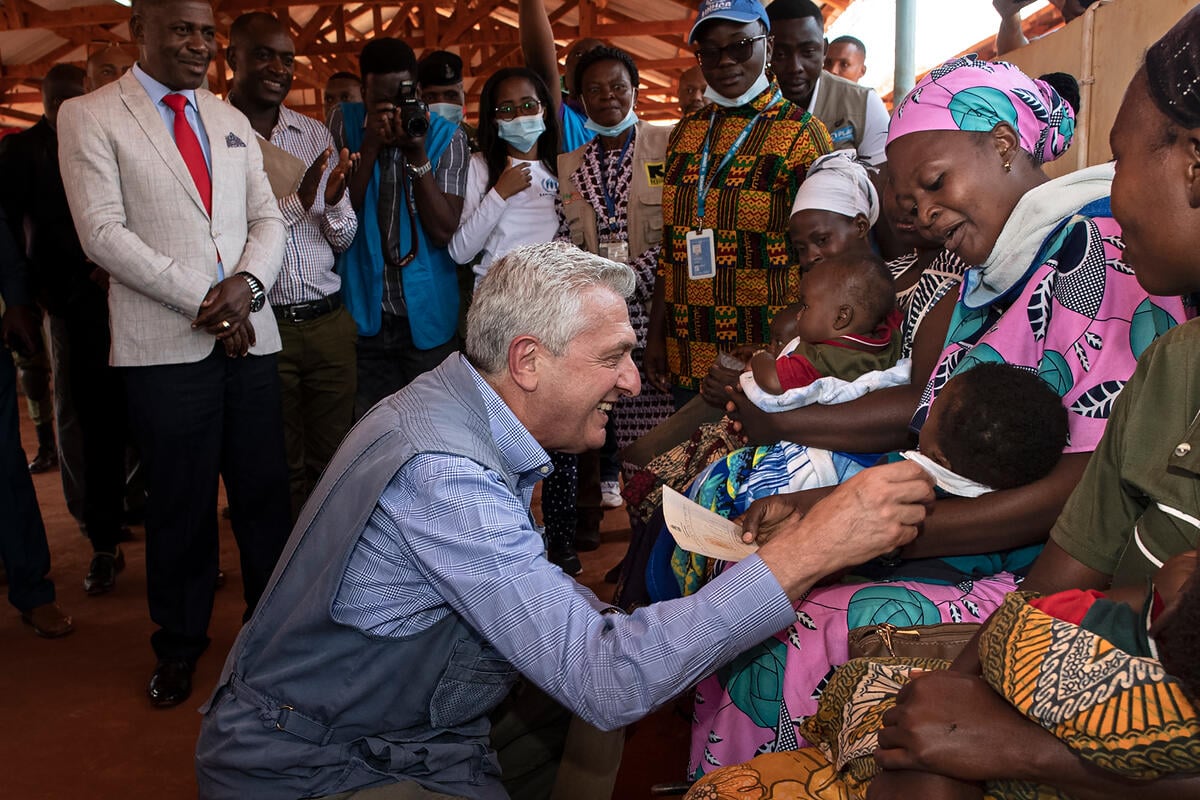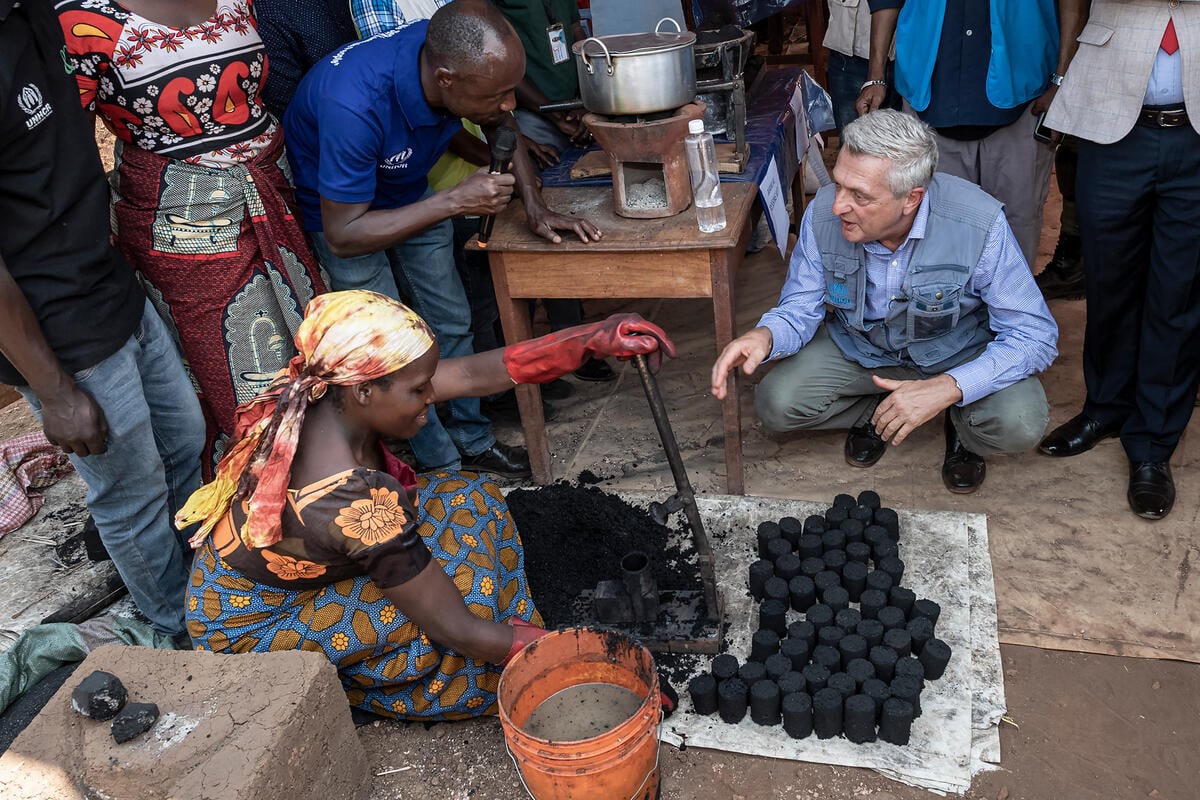Safe, but in limbo, after the horror of Libya
Their lives have been reduced to waiting in the heat. Many must sleep on the ground. But at least now they are safe.
They are refugees, asylum seekers and persons of concern for UNHCR, the UN Refugee Agency. They wait now here, in Agadez, Niger. Most are Sudanese, and many have appalling stories to tell.
For some, like Abu Bakr, the journey began in the sprawling Darfur refugee camp in Sudan. He fled, looking for a better life, going north to Libya. But in Libya he was held prisoner by smugglers who demanded money. He had no money.
“They beat me. I thought they might kill me. I saw men being killed,” he said.
Then a Libyan came to the smugglers’ camp and paid his way out. Abu Bakr had to pay him back by working for half a year in near-slave conditions on his farm. He escaped and made his way south to Niger and Agadez three months ago.
“This is a safe place for me. But I would still like to work and help my mother and brothers in Darfur,” he said.
"I would still like to work and help my mother and brothers in Darfur.”
Agadez has long been a desert crossroads of people moving north and south. In recent years much of the movement was north to Libya organized by traffickers. It was lucrative. But the Niger government cracked down and the flow, along with the money, was reduced.
Now the flow is both north and south, with Sudanese escaping from Libya, and several thousand being deported from Algeria. At the end of May 2,076 people coming from Libya have come seeking international protection.
The local population, which was promised increased government aid that has not yet arrived, is restive.
The accommodation centre is overflowing with more than 1,000 men, women and children. Some babies were born in Libya, some in Agadez. One was born just two days earlier. Twelve per cent of the children are unaccompanied.

“The situation is extremely complex,” UN High Commissioner for Refugees Filippo Grandi said. He was visiting Agadez as part of a trip to mark World Refugee Day through Libya, Niger and Mali.
“I’m appealing for development assistance for the local community. The end of trafficking, whether we like it or not, has meant the loss of livelihoods for thousands of families. If the international community doesn’t support Niger, they may turn against these foreigners that are stranded here.”
While the Sudanese are the majority among the new arrivals, there are other nationalities – Malians, Chadians, people from Cameroon and Congo. Many fled violence and unrest.

Bella is 28. She cries and shakes when she tells of the nightmare of horror than engulfed her family in Cameroon. Armed men broke into her house, seized her father, tied him to a tree and shot him. She watched as they hacked her sister’s arm off.
She fled and, in fleeing, lost contact with her brother. A week later four men picked her up and raped her.
“I am traumatized,” she said, her face covered in tears.
She and the others in the accommodation centres are safe but in limbo.
"We need to improve shelter, health care, sanitation."
UNHCR chief Grandi said efforts are underway to lessen that limbo.
“It’s complex and requires a careful examination, most likely case by case, which the government and UNHCR will do, starting next month,” he said. “Meanwhile, for humanitarian reasons, we need to improve shelter, health care, sanitation. There were pregnant women who need urgent attention. We’ve also identified a site where they can be moved and we can provide assistance in an organized manner, without creating problems for the local community.”
Whatever her future, Bella’s past remains a terrifying presence, particularly at night.
“I dream,” she said. “I see my father tied to the tree. I see the men coming for me.”




